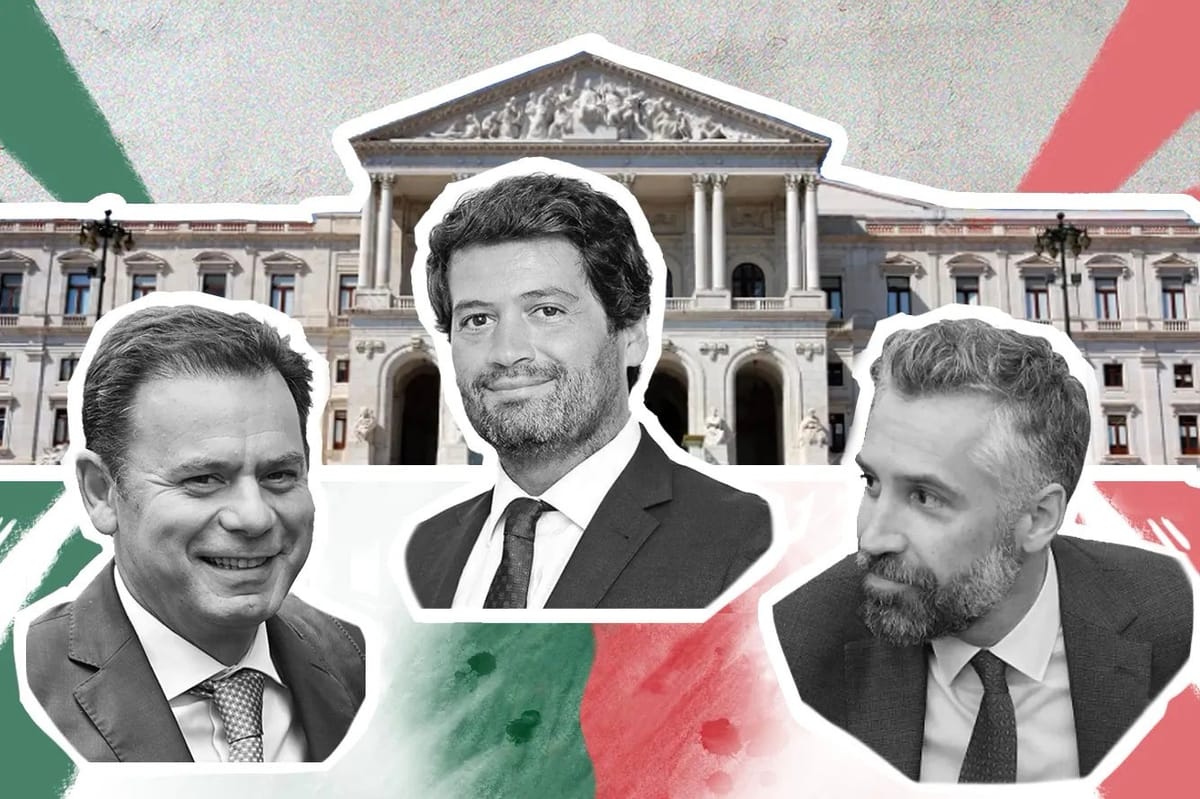
The face of Portuguese politics changed this Sunday as a closely fought snap election gave the centre-right Democratic Alliance coalition (AD) two more parliamentary seats than the centre-left Socialist Party (PS) and made the far-right party Chega a third political force in the country, breaking with almost 50 years of bi-partisanship.
The last elections in Portugal happened in 2022 and gave PS a parliamentary majority. During the past two years, members of the executive have been involved in a series of criminal activities, including murder, violence, theft, nepotism and corruption, eventually leading to the current prime minister resigning and calling for snap elections.
However, the Socialists have also been responsible for the tax laws and innovation policies that have made Portugal one of the most crypto-friendly nations in the European Union since 2015.
Presided over by Antonio Costa, the government negotiated deals with multiple tech companies, including Microsoft and Google, to open offices in the country. It sealed a deal with Websummit so that the world's largest tech conference would be held in Lisbon every year until 2028, and it maintained a zero-tax policy for crypto assets until January 2023 and has since then implemented some of the lowest rates in the EU for those same assets. Most recently, it concluded a "Web3 National Strategy" last December, although due to the elections this is yet to be implemented.
How the European nation will be governed in the coming years is still uncertain.
Led by Luis Montenegro, the Democratic Alliance failed to secure a parliamentary majority (it got 79 of 180 necessary seats) and will either have to form a coalition or govern from a difficult position with regard to making any policy changes.
A coalition with the Socialists isn't an option - PS' new leader, Pedro Nuno Santos, has vowed multiple times that he will be "governing in opposition."
The electoral promises made by AD seem to indicate a continuity of the Socialist's blockchain and tech industry policies- the coalition wants Portugal to be a "talent hub for digital entrepreneurship" and make the country a top "digitally advanced" EU country. Yet, the animosity between both parties might push Montenegro to retract some of the policies implemented by its predecessor, especially if the economic situation in the country worsens, forcing him to increase taxes.
There is also the possibility of a coalition with the right-wing party, although this is also highly unlikely. While Chega has enough seats (48) to form a majority government with AD, Montenegro refuses to give the party power due to the misogynist, racist, and xenophobic remarks of its leader, André Ventura.
According to the Portuguese New Economy Institute, Chega had some of the most friendly electoral promises regarding the blockchain industry, including putting coding & blockchain in primary school curriculums, "using blockchain to reduce bureaucracy and costs" in government, and making "Social Security and Health & Education budgets run on the blockchain for greater transparency."
But Chega's policies are never set in stone. Ventura is known for being a scoundrel who says everything and its opposite, depending on what the crowd he wants to please wants to hear.
After repeatedly swearing during the electoral campaign that Chega would never form a coalition with AD, Ventura is now pushing a media campaign trying to get Montenegro to ask him to join the government, under threat of Chega rejecting AD's next National Budget - forcing fresh elections to be called.
However, Ventura also says that he is willing to approve policies if they are discussed with his party beforehand - which could be a positive sign for the crypto ecosystem in the country, given Chega's (currently) friendly stance towards the industry.
The intricate balance of power that the Democratic Alliance has to handle to achieve parliamentary majority votes might now provoke unforeseen changes in the country's politics including in its internationally praised crypto-friendly stance.

